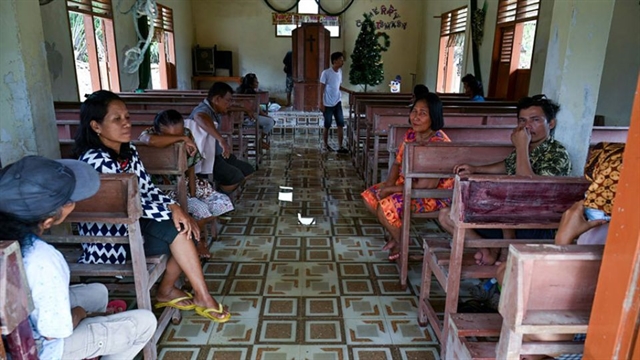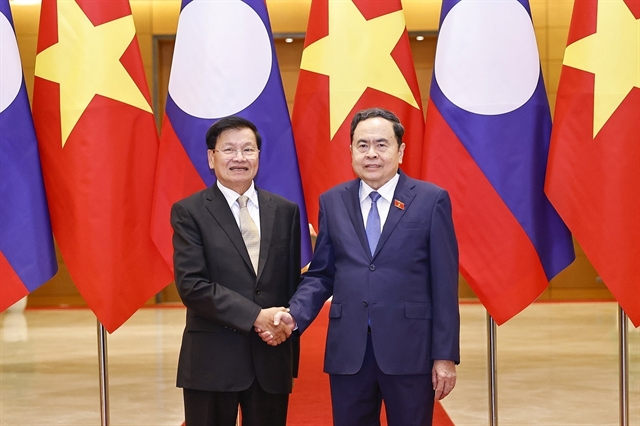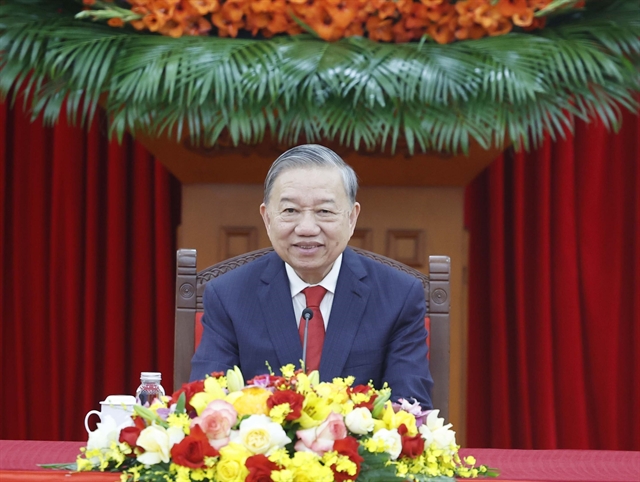 World
World

Guatemala voted Sunday on whether to send a long-running border dispute with neighboring Belize to the International Court of Justice (ICJ) for final resolution.
GUATEMALA CITY — Guatemala voted Sunday on whether to send a long-running border dispute with neighbouring Belize to the International Court of Justice (ICJ) for final resolution.
Polls closed at 6:00pm (0000 GMT, 8am Malaysia time) after 11 hours of voting, which took place "without reports of security incidents", according to Supreme Electoral Tribunal president Maria Eugenia Mijangos.
But despite 7.5 million Guatemalans being summoned to the ballot box, the vote was marked by low turnout.
The disagreement, whose roots go back two centuries, has seen tensions spike from time to time. Two years ago Guatemala mobilised 3,000 troops along the densely forested unmarked border zone after an incident in which a Guatemalan teen was fatally shot.
A Belize border patrol had opened fire under being shot at, but an investigation by the Organisation of American States ended up finding it not responsible for the teen’s death.
The referendum was agreed under a 2008 accord to send the dispute to The Hague-based ICJ, if the populations of Guatemala and Belize approved.
Observers from 25 countries were on hand to monitor the polling.
Belize has not yet fixed a date for its referendum on the issue, although officials say it could take place next year.
The Guatemalan plebiscite question asks voters to respond "yes" or "no" as to whether any legal claims by Guatemala against Belize relating to its territories "should be submitted to the International Court of Justice for final settlement" and boundary determination.
The country has an electorate of 7.5 million people, but analysts believe turnout could be lackluster, perhaps as low as 10 per cent.
The head of Guatemala’s Supreme Electoral Tribunal, Maria Eugenia Mijangos, told reporters that voter apathy was a big risk. Efforts by Guatemalan President Jimmy Morales to boost turnout have foundered on the rocks of his low popularity.
’Very important issue’
On Sunday, Mijangos said: "We are calling on all Guatemalans, especially the youth making up the majority of the electorate, to participate, to go to polling stations to put in their vote on this very important issue which has taken so many years to find a solution to".
Morales said as he voted that the two countries had "very good bilateral relations" and he hoped the dispute could be resolved.
Guatemala has made claims over more than half of Belize’s territory, dating to when its English-speaking neighbour was a British colony known as British Honduras.
The border issue goes back to 1783 when Spain — the former colonial power over what is now Guatemala — gave Britain the right to occupy the territory that became Belize and exploit its timber in exchange for combating piracy. A century later, it became a British colony.
In 1964, British Honduras won the right to self-government, then in 1973 renamed itself Belize.
Independence came in 1981, though a British military presence remained until the mid-1990s because Guatemala refused for a decade to recognise it as a new country. — AFP





 Brandinfo
Brandinfo